What Problem Does Bitcoin Solve as Money? It provides a way to move economic value across time and space.
How Does a Good Become Money?
Any person who chooses to buy something, not to own it, but with the aim of exchanging it for something else, effectively turns it into money.
The simplest way for people to exchange value is through the mutual exchange of valuable goods. This process of direct exchange is called barter but is only practical in a small circle with a few produced goods and services.
Since there is not much room for specialization and trade, everyone participates in the production of essential goods and services and directly exchanges them with each other.
The larger the market, the more opportunities for specialization and exchange, but the greater the problem of matching needs - what one wants to acquire is produced by someone who does not need one's own offer. This problem is characterized by three different dimensions:
The scales do not sufficiently match; what one needs may not be equivalent to what one possesses, and dividing into smaller units may not be practical.
Matching time frames; what one wants to sell may be perishable, but what one wants to buy is durable and more valuable, making it difficult to accumulate enough of one's perishable goods to exchange for a durable one at a specific time.
Lack of matching locations; one may want to sell a house in one place to buy a house in another place, but (most) houses cannot be moved.
These problems make direct exchange very impractical and require multiple levels of exchange to satisfy economic needs. The only way to circumvent this is through indirect exchange.
For this, one exchanges one's good until one owns the good that the counterparty currently needs; these goods are called mediums of exchange, and since any good can serve as a medium of exchange, it becomes impractical as the volume and size of the economy increase to constantly look for different goods needed by the counterparty.
For example, one might exchange one's apples for shoes and shoes for wood to ultimately exchange this wood for the good one initially needed.
The problem of matching needs and its associated aspects, as well as the impractical handling of indirect exchange, can be solved by people agreeing on a single good against which everyone can exchange their goods. Such a good that takes on the role of a widely accepted medium of exchange is called money.
The central function of money is to be a medium of exchange. Money is a good that was not purchased to be consumed (a consumption good) or to be used in the production of other goods. The suitability of a good to be used as money is characterized by fulfilling the three functions of money: saleability, the storage of value, and the unit of account.
Saleability
The ease with which a commodity can be sold on the market whenever its owner wishes, with minimal loss of value.
The relative saleability of goods can be measured by how well they solve the three aspects of the problem of matching needs: their saleability across scales, space, and time.
A good that is saleable across scales can easily be divided into smaller units or combined into larger units so that the owner can sell it in any desired quantity.
Place-independent saleability indicates that it is easy to transport or take on journeys, leading to the general high value per unit of weight for good money media.
The saleability of a good over time refers to its ability to preserve value for the future, enabling the owner to retain wealth.
Storage of Value
For a good to remain saleable over time, it must be immune to decay, corrosion, and other forms of decay. In addition, the supply of the good should not increase significantly while it is owned by an individual. To prevent the supply of a good from increasing significantly, a natural or artificial mechanism is needed to restrict the entry of the good into the market and maintain its value over time. To fulfill a monetary role, a good must be expensive to produce because the temptation of cheap money production destroys the wealth of savers and the incentive to save in that medium.
The relative difficulty of producing new units of money determines the hardness of money. Money whose supply is difficult to increase is called hard money, while soft money is a type of money whose supply can be easily increased.
The hardness of money is derived from the relationship between the stock and flow of a good used as money. The stock represents the existing supply of the good, and the flow is the additional production that occurs in the coming period. A good with a low stock-to-flow ratio is one whose supply can be significantly increased when people use it as a store of value. Such a good would probably hardly be able to maintain its value because the supply can increase faster than the demand. However, the higher the stock-to-flow ratio, the more likely it is that a good will maintain its value over time, as its supply increases slowly and remains saleable over time.
Unit of Account
The broad acceptance of a good allows it to express all prices within its terms. In an economy without a recognized medium of exchange, every good must be valued in relation to every other good, resulting in a large number of prices and making economic calculations extremely difficult. In an economy with a recognized medium of exchange, the prices of all goods are expressed in terms of the same unit of account.
In such a society, money serves as a measure for the measurement of interpersonal values; it rewards producers in proportion to the value they provide to others and informs consumers of how much they need to pay to acquire their desired goods. Only with a unified medium of exchange as a unit of account is complex economic calculation possible, enabling the possibility of specialization in complex tasks, wealth formation, and large markets.
The functioning of a market economy depends on prices, and prices are, strictly speaking, dependent on a common medium of exchange that reflects the relative scarcity of different goods.
[link] [comments]

You can get bonuses upto $100 FREE BONUS when you:
💰 Install these recommended apps:
💲 SocialGood - 100% Crypto Back on Everyday Shopping
💲 xPortal - The DeFi For The Next Billion
💲 CryptoTab Browser - Lightweight, fast, and ready to mine!
💰 Register on these recommended exchanges:
🟡 Binance🟡 Bitfinex🟡 Bitmart🟡 Bittrex🟡 Bitget
🟡 CoinEx🟡 Crypto.com🟡 Gate.io🟡 Huobi🟡 Kucoin.
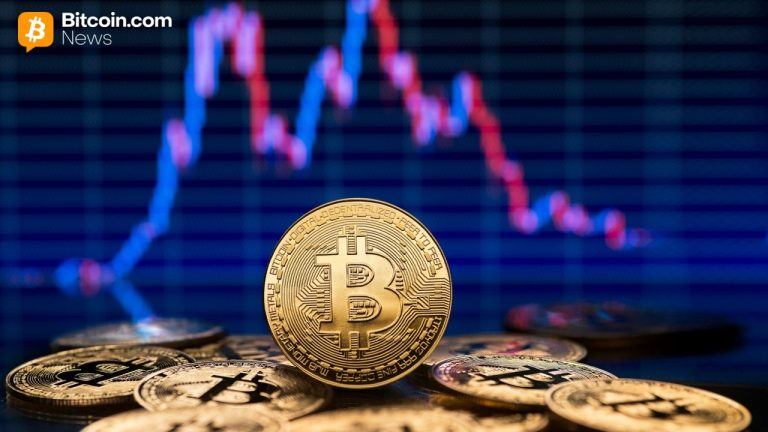

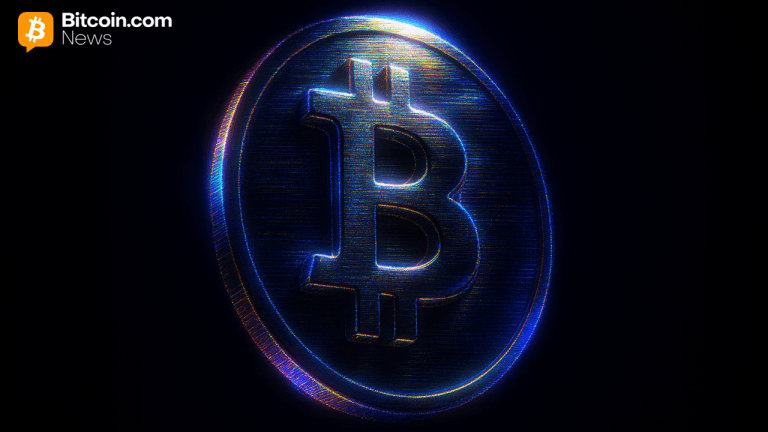


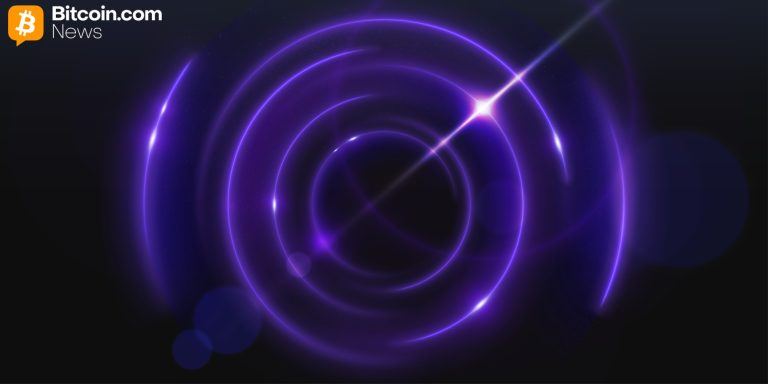
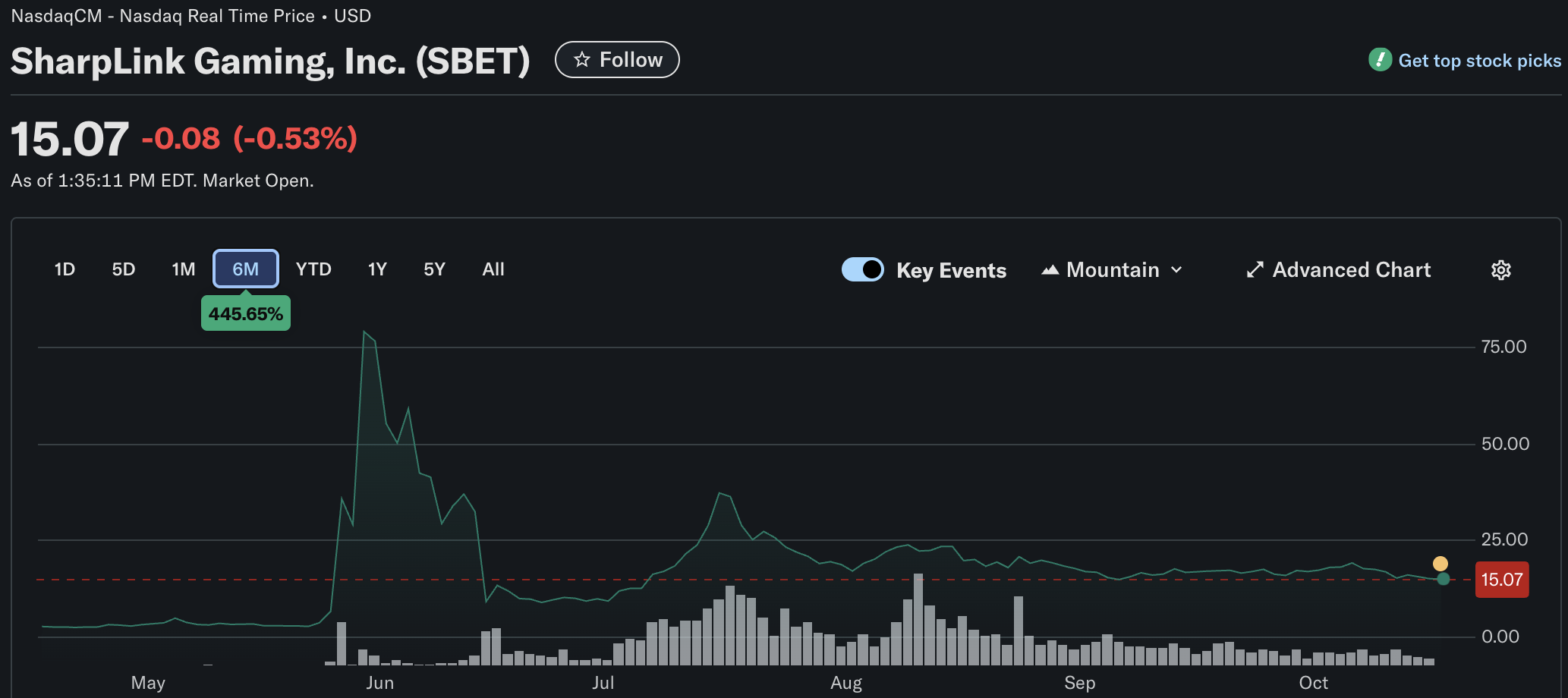
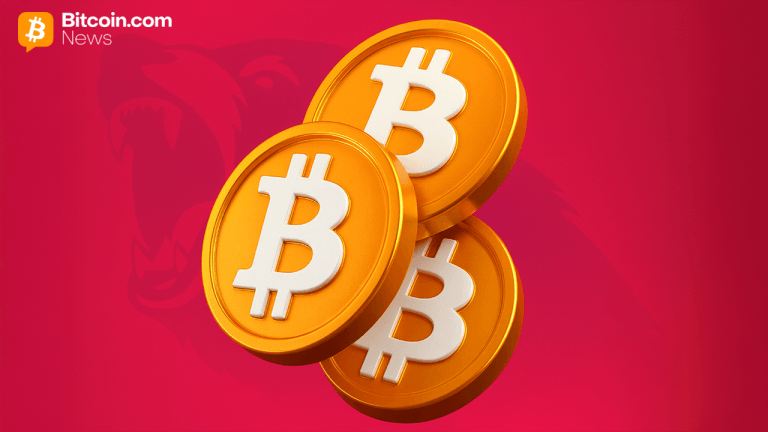


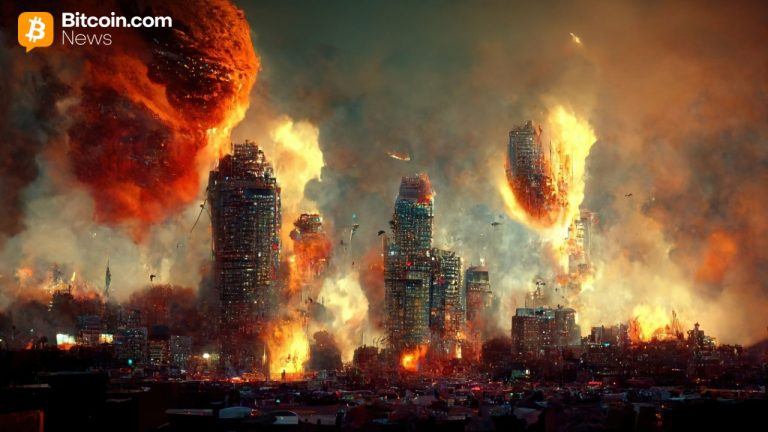

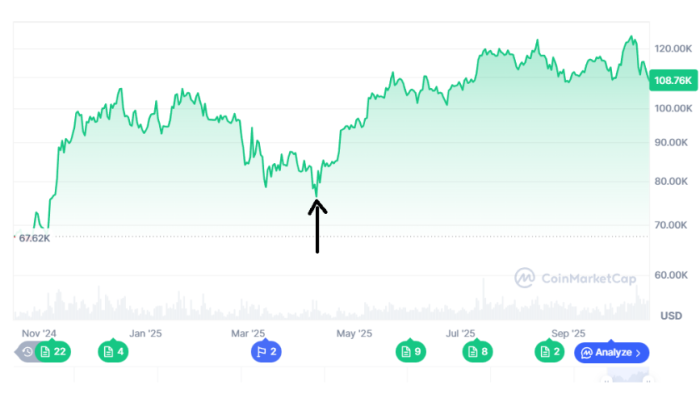
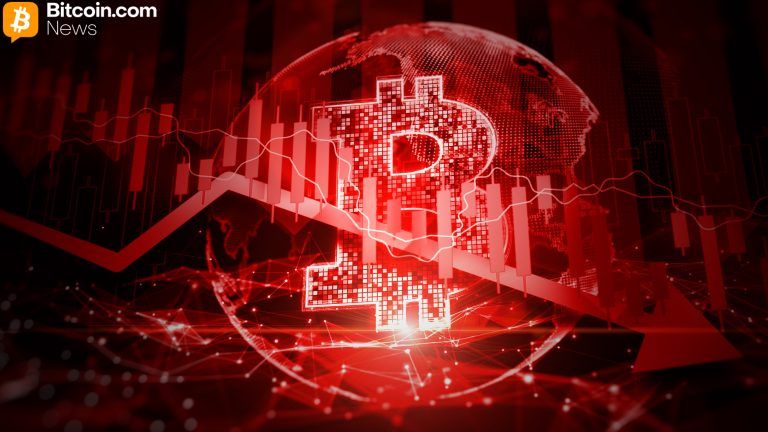
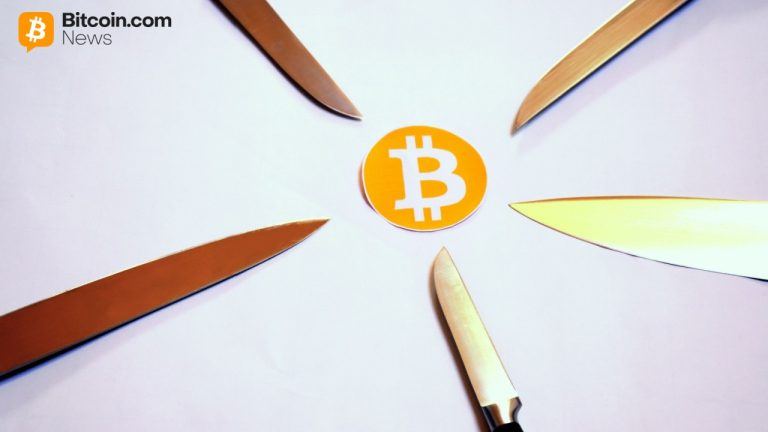
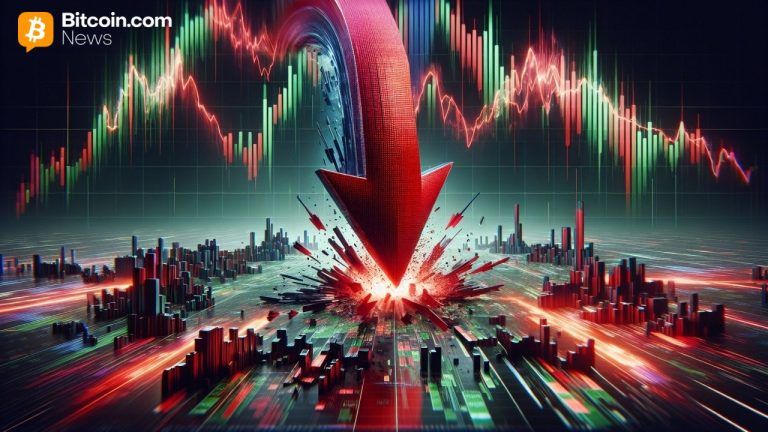

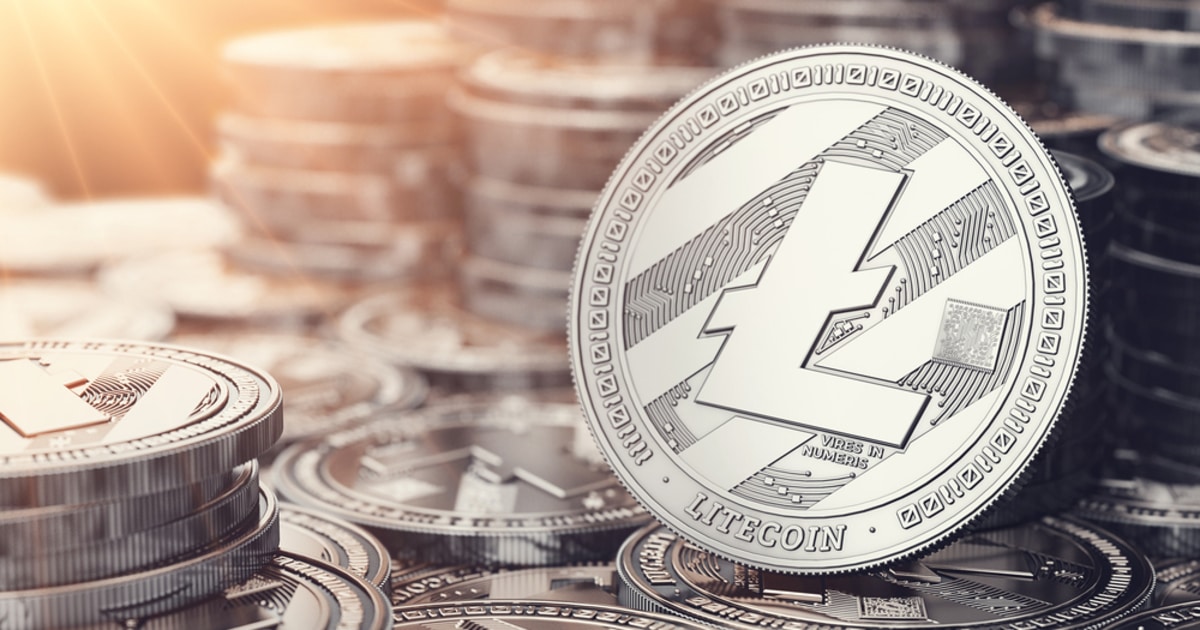

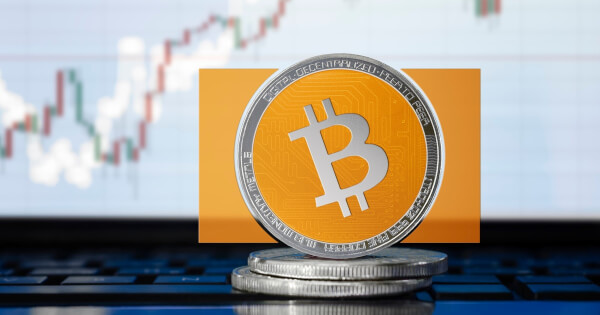
Comments